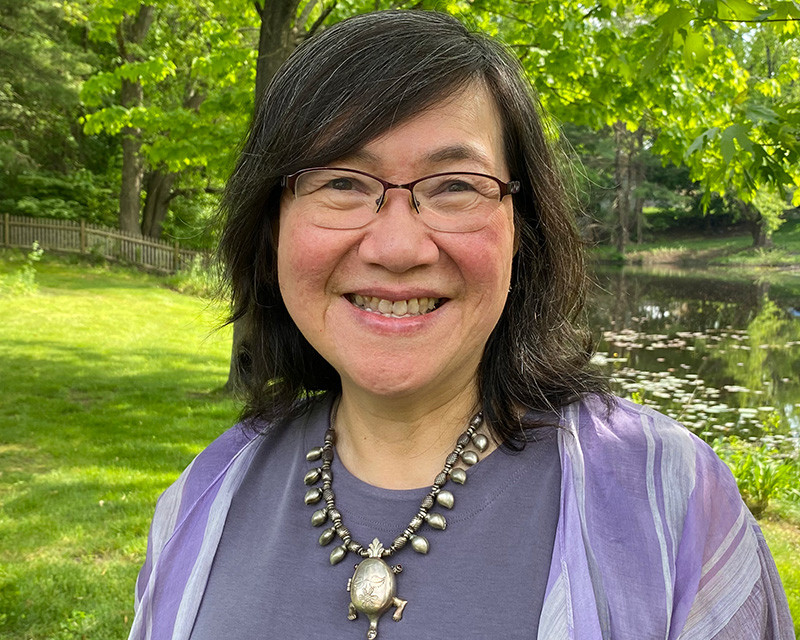“All living organisms on this planet depend on soil for their survival. Once you realize that fact, you have a sense of gratitude.”—Shahidur Rashid, Research Fellow (IFPRI)
Healthy soil and pulses—legumes such as dry peas, beans, chickpeas, and lentils— are vital contributors to sustainable development. Not only are pulses staple crops for people around the world, they are excellent, cost-effective sources of protein. According to one IFPRI study, “pulse crops can potentially help improve health and nutrition, reduce poverty and hunger, and enhance ecosystem resilience.”
Pulse crops, which have one of the lowest water and carbon footprints of any food group, also provide numerous benefits to soil by improving soil biodiversity, fertility, and structure. Soil is key to the world’s food, water, and natural resources, and thus to all living things. Together, soil and pulses form a symbiotic relationship that underpins a healthy ecosystem.



